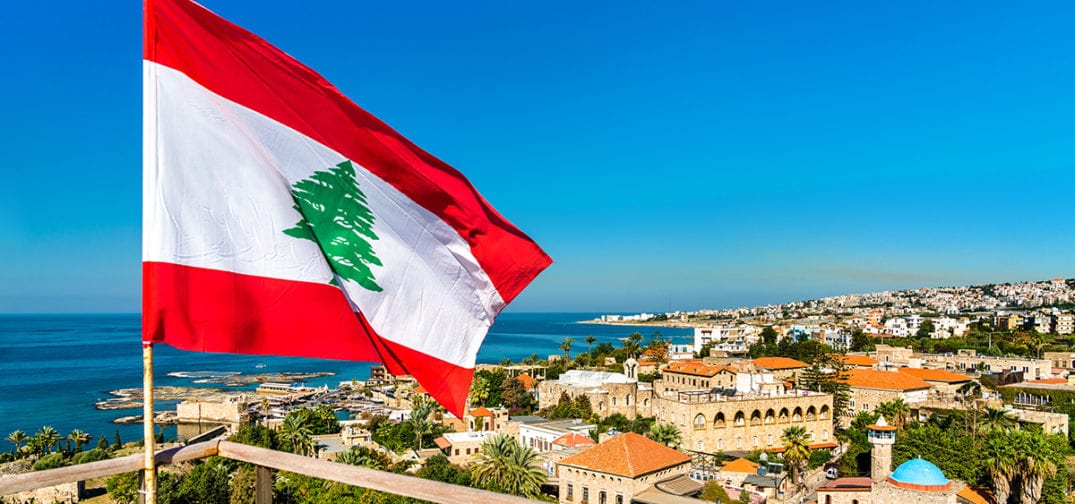Lebanon’s draft cannabis legalization law has been sent to its Parliament, but the measure would only legalize products that contain less than 1 percent THC, Al Jazeera reports. The measure also calls for enhanced penalties for breaking cannabis-related laws and prohibits anyone with a criminal record from getting a cannabis license or working in the industry.
Karim Nammour, a lawyer with Legal Agenda who specializes in drug policy, told Al Jazeera that the bill was “an opportunity missed” and that lawmakers “failed to take a holistic approach” to the reforms.
Sandy Mteirik, a drug policy development manager at Skoun, a Lebanese nongovernmental organization focused on drug rehabilitation and advocacy, said the bill is “not what the farmers of Bekaa want.” The Bekka Valley region is home to the most cannabis cultivation in Lebanon.
“There is no clear mechanism to integrate the existing illegal market into the legal market. You can’t just ignore the implications and consequences of criminalizing drug use and say this new market is the priority.” – Mteirik to Al Jazeera
Prime Minister Hassan Diab said that the nation’s cannabis would likely be grown by “big companies” and “other farmers” and anticipated the sector would be “big business.” Diab has previously expressed support for amnesty for some cannabis crimes; between 3,000 and 4,000 people are arrested every year for drug crimes – not just cannabis – in Lebanon.
The draft law would create a commission with a regulatory authority that would issue licenses for importing seeds and clones, creating cannabis plant nurseries, cultivation, manufacturing, and exporting. Licenses could be awarded to Lebanese pharmaceutical companies, industrial fiber, oil, and extract companies, and foreign cannabis companies. Licenses would also be available to specialized agricultural co-operatives established in the country, Lebanese citizens such as farmers or landowners, and labs and research centers permitted to work with controlled substances.
Get daily cannabis business news updates. Subscribe
End
